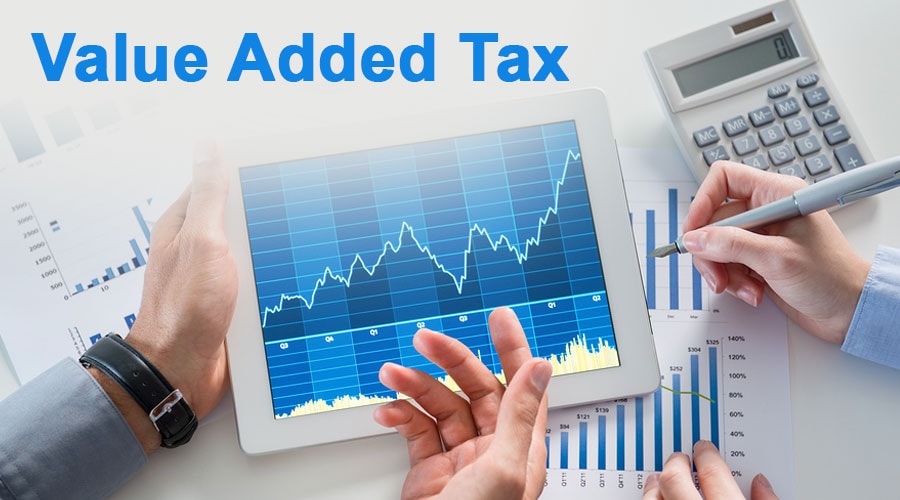Excise tax is different from VAT because it is charged at every stage of the supply chain from the manufacturer to the end consumer. Excise taxes are usually levied during production. Excise duty and VAT in the UAE were almost simultaneously introduced by the UAE government during the period 2017-2018. Excise tax and VAT are indirect taxes that are levied on certain goods and services for various purposes. Value Added Tax (VAT) or Goods Service Tax (GST) is a popular way of enforcing consumption tax in Europe, Japan, and many other countries. This differs from sales tax in that the taxes apply to the difference between the seller's purchase price and the resale price. Excise or Excise Tax (sometimes referred to as Special Excise Duty) is an inland tax on the sale or sale of goods for sale, specific goods or sales within a country, or licenses for specific activities.
UAE- VAT and excise taxes
The government levies an excise tax to reduce and regulate the consumption of unhealthy and harmful substances and to increase the amount of income spent on beneficial public services. Tax or duty is defined as a finance charge. Funds required. As a result, the government can raise enough funds to carry out its duties and functions for the public welfare. VAT means value-added tax. The VAT is meant for the state government and the central excise tax is levied by the central government. Central Excise Tax is levied on the construction of excise materials in India. But VAT is charged when selling goods within the state.
The UAE Government has launched the UAE VAT and Excise Tax from January 1, 2018. It based on 2 parts.
- Excise tax - Indirect tax charged on specific items that are identified as harmful to human health and the environment.
- VAT - This is an indirect tax charged on items at each stage of the sale. It is up to businesses to collect these taxes and pay them to the government.

Sales tax is a tax that is charged to the end consumer of the product. Typically the MRP of a product consists of two parts, one related to the price of the product and the other related to the product tax. The sales tax retailer collects and verifies the sale of the supply chain through a sale to the final customer. The end consumers pay the sales tax on their purchases. The VAT is an indirect tax and sales tax is a direct tax. The VAT is charged at various stages of goods production and services. The VAT applies to imported goods and local products. Due to its neutral and transparent nature, VAT has emerged as the most efficient way to generate income in most countries.
Who pays taxes?
Sales Tax: The end consumer.
VAT: All buyers are the ultimate consumer of VAT because they do not have the right to deduct input VAT.


